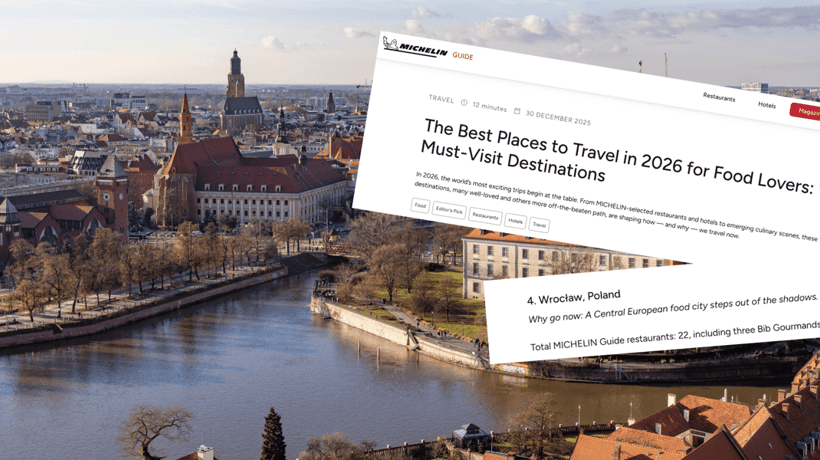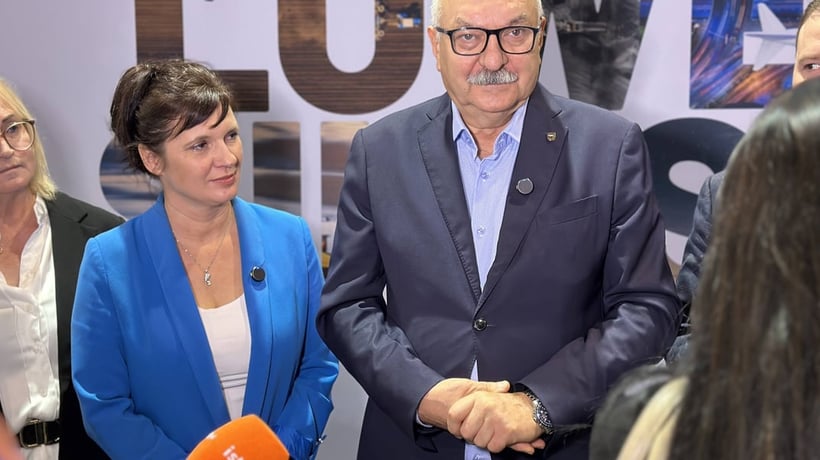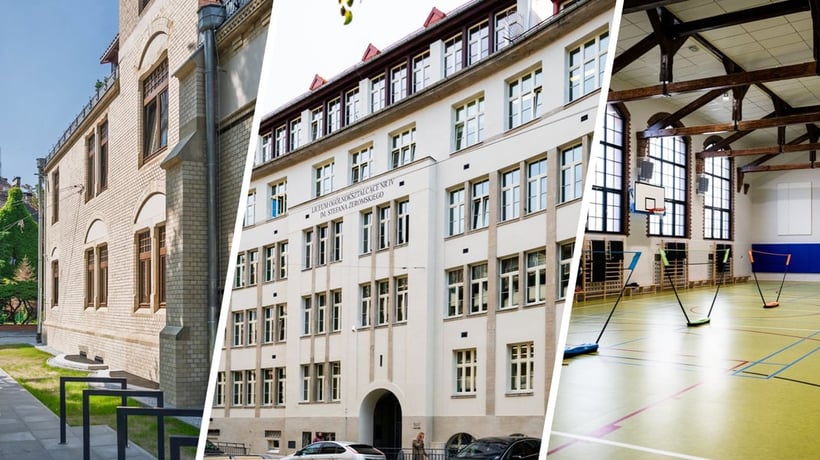What are the most important fields of the UNICEF’s aid measures towards refugees in the world’s dangerous regions today?
From Ukraine to Afghanistan, from Myanmar to Syria – every child being a refugee has the same rights. The UNICEF is on the side of all children of refugees – irrespective of where they come from and why are forced to flee, they are primarily children. A child is a child, regardless of everything. This idea made me decide to join the UNICEF many years ago and contribute to the fulfilment of its mission. I can proudly say I have co-operated with the UNICEF and other UN agencies for around 23 years.
The UNICEF operates in 190 countries of the world and has supported refugee children and their families since 1946. As the world’s biggest organisation defending children’s rights, the UNICEF provides life-saving support in refugee camps, runs children-friendly spaces, supports national and local governments in introducing laws, policies, systems and services that consider all children and address specific needs of the youngest migrants and displaced persons. The UNICEF also collects, analyses and makes available data about situations and individual experiences of children and young people forced to flee.
In the next 10–15 years, the main reason for the migration of large groups of people does not change – these are wars and various kinds of military conflicts. The UNICEF has a wide range of experience in bringing help at the international and local level. How do forms of aid and its tools change?
It was the refugee crisis that led to the establishment of the UNICEF 76 years ago. This happened, among others, thanks to Pole Ludwik Rajchman, PhD, who was one of the originators of the UNICEF. Our first general manager, Maurice Pate, set one condition before his nomination: that the UNICEF should serve all children in the world without exception. This principle guided the UNICEF’s work in over 190 countries and territories and became the key element of the Convention on the Rights of the Child a few decades later. Forms of aid change along with the evolving needs, the development of technology or reasons for migration. Together with our partners, UNICEF transforms ideas into scalable solutions. This is something I like most about this organisation.
For example, U-Report – a free mobile UNICEF platform – gives young people an opportunity to speak on important matters that affect them. The platform also provides access to important information about crisis situations and in all areas having an impact on the lives of young people. We also took part in creating tents of high capacity that are used in crisis situations for providing basic education, health, feeding and child protection services in many countries.
Migration affects not only refugees, but also communities that receive them. What major challenges can you see in communities that experience the arrival of a large group of refugees?
The accepting countries need the solidarity and support of the international community, and each country needs an approach engaging the entire society if we really want to change the lives of persons applying for asylum and their receiving communities. I strongly believe that we all should unite in building a better and safer world for children.
Wroclaw inhabitants received with open hearts and arms the children and families that had fled the war in Ukraine. At the same time, we realise that maintaining the same level of support becomes increasingly difficult in the course of time. People become tired. Refugees are tired of displacement and continuous stress. Their hosts are tired of service overload and misunderstandings. We know this from statistical data. It happens everywhere and is nothing new.
Going through the war and losing everything is something none of us would like to imagine. I am deeply touched and dejected whenever I see suffering children. Even after so many years of work for the UNICEF, I am always moved when I hear what many children of refugees went through. They often have no access to education and adequate medical care. Learning a new language and adaptation to the new culture may make this process particularly difficult.
These difficulties have lasting physical and mental consequences and may make it impossible for children to achieve their full potential. Therefore, we co-operate with cities like Wroclaw, supporting campaigns that focus on the development of social cohesion. The UNICEF supports also the delivery of necessary products and the provision of services that help not only refugees’ children, but also local children.
Which spheres of action for refugees are the most important in bringing aid: central government support? Local government support? NGOs? Help from international organisations like the UNICEF? Spontaneous actions of inhabitants?
Each crisis situation and refugee crisis is different and requires an exceptional response based on a specific situation in the given country. In all situations, the key determining factor of our actions is the good of the child, so we adapt our approach to work with the central government, local government, other UN agencies and NGOs, depending on the local context and how we can achieve the best results for children.
For example, the UNICEF Office for Emergency Response was established in Poland in March 2022, a few days after the outbreak of the war in Ukraine. Our role is to support the reinforcement of national, municipal and local systems that already provide basic services and protection to refugees from Ukraine. Support from the UNICEF in the form of technical, human and supply resources supplements and reinforces the existing possibilities. Our double-track approach allowed us to co-operate with the government, including Ministries of Health, Education, Justice or Family, and with 12 cities that received around 75 per cent of refugees from Ukraine (including Wroclaw).
We also co-operate with many non-governmental organisations and civic society organisations to fill in the key gaps in the provision of services. The UNICEF used this model of reaction because Poland is a highly developed country and a EU member state with a de-centralised service provision system and because the Act on Assistance to Citizens of Ukraine imposed new obligations on local authorities while heavily straining the existing services. I have been here since the very beginning and faced many adversities.
Therefore, I am happy with the results of our work that we have achieved so far. But I know there is still much work ahead of us. I also believe that partnership and relations based on co-operation are of crucial importance for effective help to children and supporting the exercise of their rights.
Can we see any positive behaviours and social processes during the challenge of receiving migrants? How permanent are they?
The story of each child who had to leave its home is exceptional and personal. It is, however, worth stressing that young migrants, refugees and persons internally displaced on various continents constitute a unique unused pool of talents, ideas and enterprise. Being often resistant, motivated and experienced in overcoming adversities, they have the potential to help solve some of our biggest challenges.
The reaction to the refugee crisis in Ukraine has shown what is possible when we receive refugees: from opening education, health care and social welfare systems to giving opportunities for work and integration to families. When refugee families have access to primary health, education and social security, this creates a mutually beneficial situation where refugees, local communities and economies can benefit from accelerated social and economic development.
The UNICEF has engaged in the support of migrants also in Wroclaw. How do you evaluate the approach of Wroclaw inhabitants to newcomers from the Ukraine and their engagement?
In Wroclaw and the rest of Poland, Ukrainians appreciate generous help and support from Poles. I have talked to many refugees who expressed gratitude to Poles. The role of Wroclaw inhabitants is priceless. They have opened their houses, hearts and arms to their neighbours. The children and young people who have escaped the war in Ukraine attend Wroclaw kindergartens and schools. Their mothers and grandfathers try to settle down and look for a job to support their family. They benefit from services in Wroclaw and become members of the local community.
On that occasion, I would like to thank Wroclaw inhabitants very much for their hospitality, great solidarity and openness to children who endured the unimaginable. Let us continue this excellent work and support the most needy.






